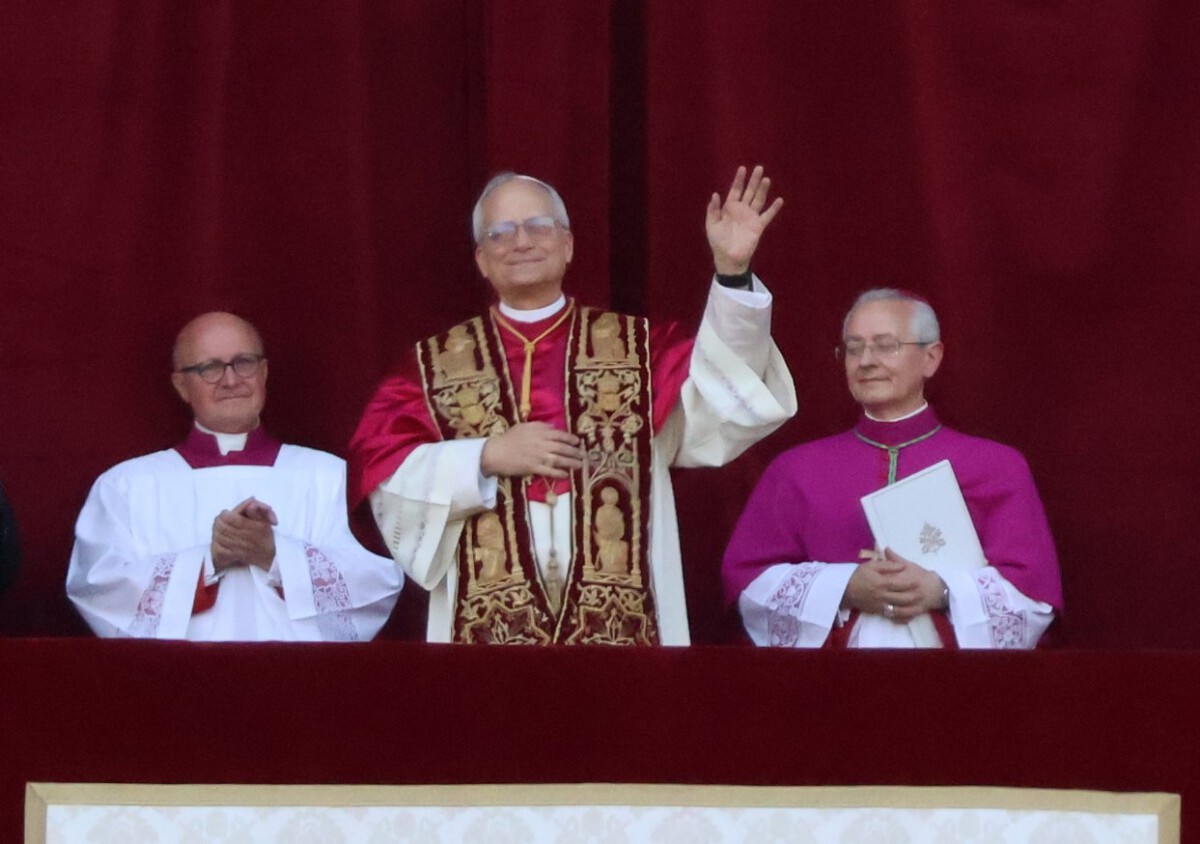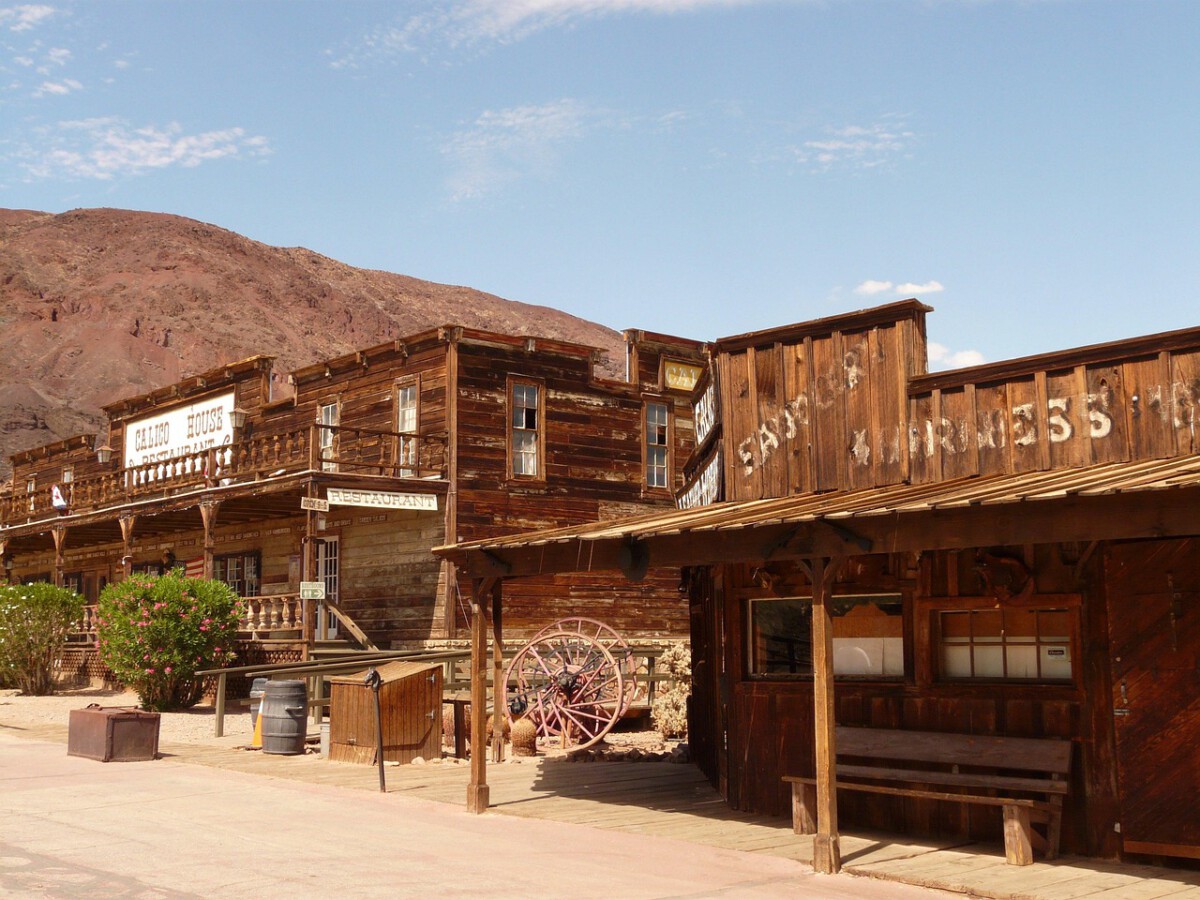A Historic Election and a Global Mandate

Pope Leo XIV, born Robert Francis Prevost in Chicago, made history as the first American to ascend to the papacy. His election was met with widespread acclaim, with leaders from the United States, Peru, and beyond expressing optimism about his potential to bridge divides in a polarized world. His choice of the name “Leo” pays homage to Pope Leo XIII, known for his commitment to social justice and workers’ rights, signaling a continuation of that legacy. The world watched as Pope Leo XIV stepped into his new role, carrying the hopes of many who longed for a unifying figure in turbulent times. His American roots, combined with his deep ties to Latin America, brought a fresh dynamic to the Vatican’s leadership. The expectations placed upon him reflect the urgent need for dialogue and healing across continents. With his historic election, Pope Leo XIV set the tone for a papacy defined by outreach and bridge-building.
A Missionary’s Perspective

Before his papacy, Pope Leo XIV spent over two decades as a missionary in Peru, gaining firsthand experience in addressing the needs of marginalized communities. This background informs his commitment to social justice and his understanding of the complexities faced by diverse populations. His pastoral approach is expected to influence his diplomatic engagements, emphasizing compassion and inclusivity. Having lived among the poor and vulnerable, he brings a unique perspective to the papacy, prioritizing the voices of those often overlooked. His years as a missionary shaped his worldview, teaching him the importance of listening deeply and acting with humility. These experiences are anticipated to guide his interactions with global leaders as well as everyday people. The lessons learned in the mission fields of Peru now resonate in the halls of the Vatican, shaping a new era of empathy-focused diplomacy.
Navigating Global Conflicts

Pope Leo XIV inherits a world fraught with conflicts, including wars in Ukraine and Gaza. He has called for an end to these hostilities, advocating for peace and the protection of innocent civilians. His diplomatic efforts are anticipated to focus on mediating tensions and promoting humanitarian solutions in these and other conflict zones. The pope’s voice carries moral weight, often urging world leaders to prioritize dialogue over violence. As global crises escalate, his calls for peace resonate with those yearning for stability and safety. The Vatican’s unique position as a neutral moral authority allows Pope Leo XIV to initiate conversations that might otherwise stall. By championing nonviolence and reconciliation, he seeks to offer a path forward in some of the world’s most troubled regions.
Strengthening Interfaith Relations

Recognizing the importance of interreligious dialogue, Pope Leo XIV is expected to continue efforts to build bridges between different faith communities. His multicultural background and linguistic abilities position him well to engage with diverse religious leaders, fostering mutual understanding and cooperation on global issues. In a world marked by religious tensions and misunderstandings, his outreach reflects a commitment to peace through unity. The pope’s ability to converse in several languages helps him connect personally with leaders of various faiths, breaking down barriers of suspicion or mistrust. His outreach includes organizing interfaith meetings and participating in joint humanitarian initiatives. These gestures of goodwill are seen as essential steps in healing divisions and promoting collective action for the common good. His leadership encourages both Catholics and non-Catholics to work together for a more harmonious world.
Addressing Internal Church Challenges

Within the Catholic Church, Pope Leo XIV faces challenges such as financial transparency and doctrinal divisions. He is tasked with continuing reforms initiated by Pope Francis, including addressing an €83 million budget shortfall and broader financial management issues. His administrative acumen, demonstrated during his tenure as Prefect of the Dicastery for Bishops, will be crucial in navigating these internal matters. Tackling these problems head-on, Pope Leo XIV must balance the expectations of reformers and traditionalists, seeking unity within the Church. The need for transparency and accountability remains high, with many looking to the new pope for decisive action. His leadership style, shaped by years in church governance, offers hope for real, lasting solutions. These ongoing efforts are vital to maintaining the credibility and moral authority of the Vatican in the modern era.
Engaging with the Global South

Pope Leo XIV’s experiences in Latin America and Africa have equipped him with insights into the challenges faced by the Global South. His visit to Kenya in December 2024, where he dedicated a new chapel in Nairobi, exemplifies his commitment to engaging with communities in developing regions. Such engagements are expected to continue, emphasizing the Vatican’s support for these regions. His trips often highlight issues like poverty, inequality, and lack of access to education and healthcare. By visiting and listening to local leaders, he brings international attention to their struggles and aspirations. The pope’s presence in these areas serves as a reminder of the Church’s ongoing concern for the marginalized. His visits inspire hope and draw global focus to the pressing issues facing the Global South.
Advocating for Migrants and Refugees

A consistent theme in Pope Leo XIV’s ministry has been advocacy for migrants and refugees. His own experiences in multicultural settings have informed his empathetic approach to migration issues. As pope, he is anticipated to continue highlighting the plight of displaced individuals and urging nations to adopt compassionate immigration policies. He frequently speaks about the moral duty to welcome the stranger and protect the vulnerable. His advocacy often includes calls for practical action, such as improving refugee services and supporting families in transition. The pope’s position amplifies the voices of those who are often unheard in policy debates. His leadership on this issue challenges nations to balance security concerns with humanitarian obligations.
Promoting Environmental Stewardship

Building on the environmental initiatives of his predecessor, Pope Leo XIV is expected to prioritize ecological concerns. His diplomatic engagements may include advocating for sustainable practices and addressing climate change, aligning with the Church’s teachings on the care for creation. The pope often frames environmental issues as moral imperatives, urging individuals and governments to act responsibly. His focus on stewardship highlights the interconnectedness of all people and the planet. By speaking at international forums and meeting with environmental leaders, he seeks to galvanize action and raise awareness. The Church’s voice in the global environmental movement is strengthened by his commitment. These efforts reflect a deep understanding of the urgent need to protect Earth’s fragile ecosystems.







